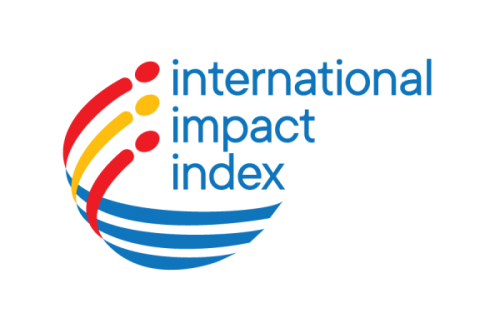
The hearing entitled “Advancing U.S. Interests in a troubled World: The FY 2016 Foreign Affairs Budget” in the Foreign Affairs Committee of the US Congress would have gone unnoticed in the country, if the focus was not on Ukraine and relations with Russia. The main news in the Macedonian media quoted the statement of the then Secretary of State John Kerry: “When it comes to Serbia, Kosovo, Montenegro, Macedonia and others – Georgia, Moldova, Pridnestrovian Moldavian Republic, they are on the line of fire.” who, answering a senator’s question, spoke about the future conflict between Russia and the West. The hearing took place 16 days after the then opposition released the first audio materials from the illegal wiretapping of citizens, the so-called bombs, on February 25, 2015 perfectly occupying the attention and imagination of the citizens, and was a great introduction to the stories of the “yellow vans” and “foreign services”. As a consequence of this, as well as the limited information, the analysis of the political developments in the country and the “colorful revolution” that followed, was largely a mixture of folklore and conspiracy theories. Hence, the need for a comprehensive understanding of the complexity of international relations was more than clear, and almost as important as the need to develop evidence-based foreign policy.
The answer presented itself that same year, with the first encounter with the Global Presence Index of the Elcano Royal Institute from Madrid, Spain. Three dimensions of presence, a large number of variables and indicators, fully scientifically supported research on the global presence of countries. It took a long time and a lot of effort for the Global Presence Index to be transformed into an International Impact Index, an index that monitors and analyzes the presence of other countries in the Republic of North Macedonia. In an extremely difficult year, such as 2020, PRESPA Institute managed to transform the idea into a project, and the project team conducted research and analyzed the collected data. In addition to the concept from the Index of the Elcano Institute, an Image Observatory was conducted, and those results related to the data of the International Impact Index enabled a comprehensive analysis of the foreign presence and how much it is used to achieve impact.
The Global Presence Index of the Elcano Royal Institute and its last two annual reports, for 2018 and 2019, were the basis for the design of the project and the research, as well as for the analysis of the obtained results and the preparation of this report. While the handling of the data and the creation of the International Impact Index was done according to the “Handbook on Constructing Composite Indicators – Methodology and User Guide.”, a joint publication of the Organization for Economic Cooperation and Development (OECD) and the Joint Research Center of the European Commission (JRC).
“Facing Stable Democracies or Taking a Path with Inconsistent Trajectory” is a report from the research for the International Impact Index for 2019 and represents the countries and their international presence in the Republic of North Macedonia. At the same time, the report should serve as a tool for understanding the complexity of foreign policy and international relations in conditions in which North Macedonia is slowly emerging from the (self)isolation and increasing the intensity of cooperation in the region and in Europe. Moreover, due to the developed methodology and scientific setting, the report and the data from the Index are amenable for use in theoretical discussions, as well as in the development of public policies.
PRESPA Institute expresses its gratitude for the support we have received from the United States Agency for International Development (USAID) in implementing this project and creating the International Impact Index. We would also like to especially thank professor liana Olivié, PhD. and professor Manuel Gracia, PhD. coordinators of the Global Presence Index at the Elcano Royal Institute in Madrid, Spain, for their advice and guidance on project implementation and research.